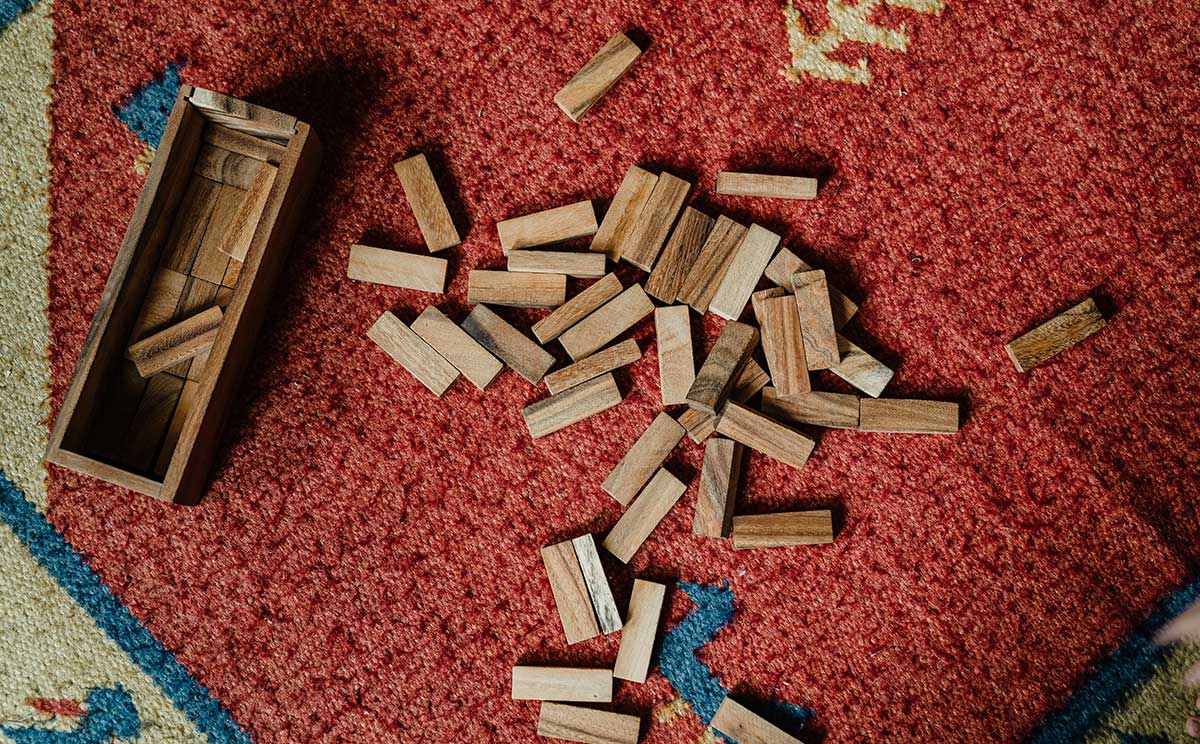The Benefits Of Puzzles
Whether done for fun or to sharpen your reasoning skills, puzzles offer a range of benefits. Puzzles are proven to strengthen memory, improve visual-spatial reasoning, and increase your attention to detail. After a long day, they can improve your mood by reducing stress as you direct your focus to the challenge in front of you. They can even increase your IQ and delay cognitive decline! A mental workout is guaranteed with each puzzle, so why not boost your brainpower? Now that you know how puzzles can enhance your life, let’s dive into the seven best puzzles for mental exercise.
Moonshot
Moonshotº is the most advanced virtual team escape experience in the industry today. The game incorporates a live host over video conference, virtual assistant, remote controllable props, puzzles in the real world & the digital world. Moonshotº is an ideal team engagement tool to build company culture and enhance collaboration in the era of hybrid work.
Sudoku
Sudoku is a game based on logic and reasoning. It makes you analyze the relationship between the whole and its parts. It’s played on a grid of 9 x 9 spaces which form 9 squares that each contain (you guessed it) 9 spaces. Each row, column, and square must be filled with the numbers 1-9 without repeating any digits within each row, column, or square. The more spaces that are prefilled, the easier the game is. The more difficult sudokus have very few prefilled spaces.
Rubik’s Cube
This iconic toy provides an intellectual challenge. A Rubik’s Cube aids with finger dexterity and increases your mental agility! With this puzzle, you scramble the cube pieces and your end goal is to rotate them to have each face be a single color. You can learn algorithms along the way and build patience, perspective, and process.
Jigsaw Puzzle
Whether with 25 or 250 pieces, jigsaws are sure to improve your visual-spatial reasoning. Your end goal is straightforward: rearrange the pieces to form the final picture. Jigsaw puzzles can come in any shape or size, giving tons of variety. Any image can be made into one, offering you the chance to get creative if you so choose!
Scrabble
Want a puzzle that can improve your spelling and increase your vocabulary? If you’re up for a challenge with friends, then this is your game! Typically, the Scrabble game requires 2-4 players, and the objective is to score more points than one’s opponent(s). All players compete in forming words using lettered tiles on a board. In the beginning, players each draw seven tiles and replenish their supply after every round. Words are spelled out by letters on the tiles and interlock like words in a crossword puzzle. With all the possible combinations, this game is sure to train your brain to think outside the box!
Mazes
Mazes are amazing (get it?) at helping one brainstorm various strategies. Mazes can be done on paper or even with a group outside! They typically have three goals: to escape, to get the prize, or to trace a path. There are multiple different routes and all but one lead to a dead end. Mazes force you to plan out your steps and use your visual skills. Outdoor mazes in groups also improve communication and bonding一just try your best not to get lost!
Riddles
I’m a puzzle to be solved. I can be a statement, question, or phrase that has a double meaning. What am I? A riddle! Riddles can be funny, inspiring, or sad, giving you the option to set the mood for any occasion. They propose challenging questions and make your brain evaluate the different aspects of them. They allow for deeper and more creative thinking as the answer may not be linear. Most riddles revolve around familiar topics but their difficulty increases when red herrings are thrown in to confuse you. They may even leave you second-guessing your answer!
Matching Puzzles
Matching puzzles are a test of your visual memory skills. They come in all kinds of forms! They can be played with cards, blocks, and lights to name a few. With a game of matching pairs, there is a grid of cards containing pairs. You flip them to get a glimpse of the image that is facing down then flip them back over with the goal of matching all the pairs. Another form is a recall game. A set of colors can be flashed all at once or in a certain order and your job is to mimic the pattern. By participating in a matching puzzle, you not only reinforce connections between your brain cells but also improve your mental speed along with short-term memory.

